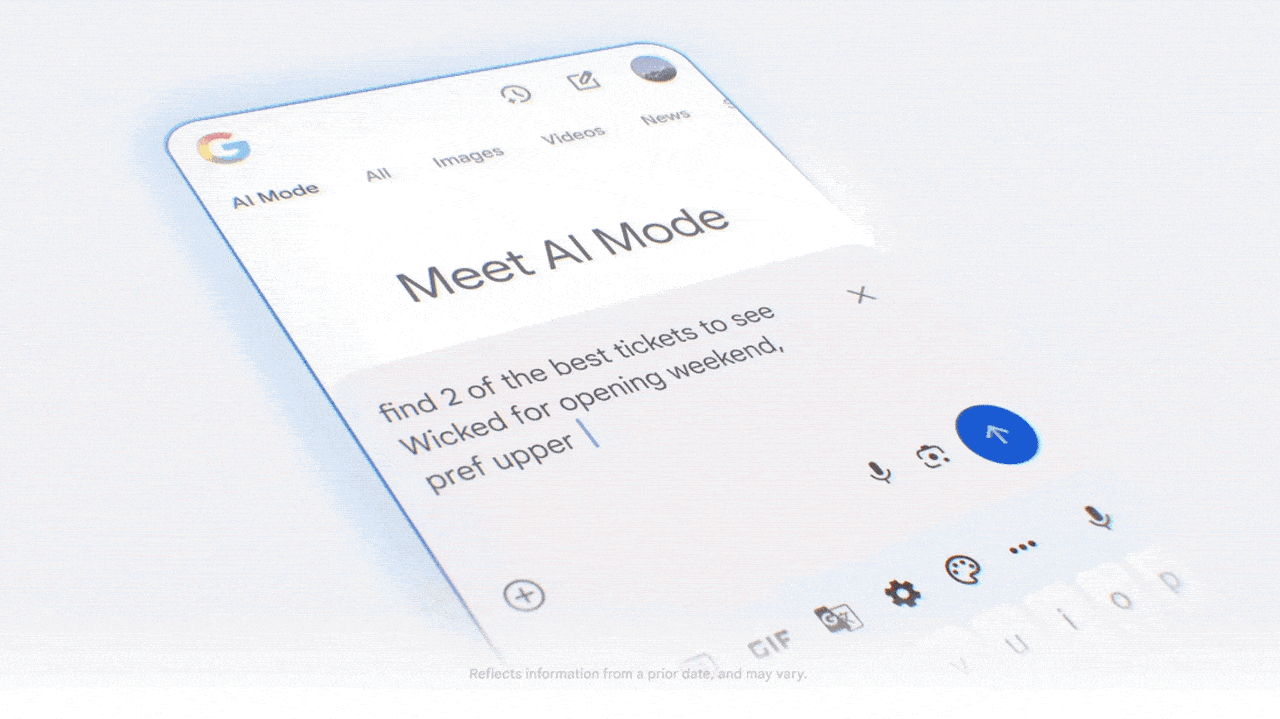How AI is transforming corporate finance

The role of the CFO is evolving—and fast. In today’s volatile business environment, finance leaders are navigating everything from unpredictable tariffs to tightening regulations and rising geopolitical tensions. The latest shuffle in global trade policy is just another reminder that agility is no longer optional—it’s a necessity.
According to Pigment’s latest CFO survey, most companies missed their financial targets last year. This isn’t just a sobering statistic—it’s a clear wake-up call. In today’s volatile environment, businesses can no longer afford to wait and react; they must anticipate and move faster than the market to stay ahead. Finance leaders need tools that not only keep pace with a rapidly shifting global economy but also enable proactive scenario planning. Artificial Intelligence has emerged as the most powerful tool to meet this challenge—helping businesses pivot with the same speed and agility that today’s business landscape demands.
AI is ushering in a new era of smarter, faster, and more strategic decision-making in the office of the CFO. Finance leaders must now embrace AI not just to boost insights and productivity, but to drive more transformative, strategic outcomes. Teams are leveraging AI to access data faster, forecast more accurately, and collaborate seamlessly across the organization—often through simple natural language prompts. But the next evolution is underway: autonomous AI agents.
These systems don’t wait for prompts; they operate continuously in the background, proactively handling complex tasks with minimal human intervention. From real-time forecasting and dynamic scenario planning to risk management and anomaly detection, AI agents will become essential tools in the finance function. The right investments today won’t just streamline operations—they will fundamentally redefine how finance teams drive value, resilience, and competitive advantage for the business.
The Rise of Finance AI Agents
The latest tariff developments and world trade saga are causing financial leaders and their institutions a lot of headaches. Trade policy is notoriously complex for businesses to navigate. CFOs must assess not only the downstream impact of specific regulations on functions like their supply chain but also how their business may be affected by the wider impact on regional and global economies. But fortunately for CFOs, there is a silver lining.
The introduction of AI agents for finance teams has opened new doors to autonomous planning, real-time insights, and more proactive risk mitigation. AI agents can do more than just streamline processes like reconciliation and financial reporting—they can work independently and proactively as an extension of the team to help CFOs stay one step ahead of today’s fast-moving business environment.
Imagine a world where a forecasting model not only reacts to past trends but also continuously learns from new data, anticipates market shifts, and updates projections in real time. AI agents can simulate the financial impact of global events—from supply chain disruptions to new regulatory policies—and run thousands of scenarios to understand how these could impact the business well before the numbers show up on the balance sheet. This enables CFOs to help their businesses better decide the best course of action to take. AI agents are poised to be a game-changing technology for CFOs and finance teams—but only if they are ready to embrace the change.
Making Smart Bets
When new technology emerges, there is huge upside but also equal risk for first movers and early adopters. For CFOs, the key to navigating through the AI hype cycle to make smart and grounded investments lies less in being an expert in emerging technologies and more in understanding your business and what you aim to achieve.
First, it’s critical to understand the problem you’re trying to solve with AI and the end goal: Are you trying to cut costs? Improve productivity? Looking for internal or external use cases? Most CFOs today are looking for ways that AI can help reduce spending and time spent on repetitive tasks, so their team can focus time elsewhere. But productivity is just one area that AI can drive value for businesses. CFOs should also think about how AI can democratize data for teams to be more strategic and even help make better business decisions and manage risk.
No matter the primary goal for AI adoption—in order to maximize the ROI on AI investments—it’s essential to have the right foundations in place. AI can only be as good as the data you feed it. If data sources are poor quality, disparate, or inaccurate then you will get lackluster results no matter how powerful the AI capabilities might be. Related, adding AI to an already complex platform can frustrate teams rather than help them. Platforms that integrate easily with data sources—and clean up data during implementation—make AI reliable and accessible for nontechnical users to maximize its value. AI agents operate best when supported by the right architecture. It is critical that they are embedded in a platform that is AI-first, flexible, and intuitive, while also having access to accurate, real-time data in order to deliver transformational value, fast.
Finally, for AI to be truly effective and seamless, it requires an organization-wide strategy. CFOs should work alongside their CTOs and CIOs to ensure their data foundations are sound so that when new tools or platforms are added, teams can trust the data and outputs from AI are accurate. It also helps to start small. Get clear on exactly the use case for AI and test this out before building it out further.
The Next Move is Yours
The opportunity to become an AI-empowered finance organization is there for the taking. CFOs who want to give their teams the best chance to succeed and exceed expectations should not wait to make their move. According to McKinsey, 78% of business leaders say AI has already improved operational efficiency and decision-making in their organizations. And forward-thinking CFOs are already piloting AI in planning and analysis workflows, fraud detection, and even ESG reporting. The results? Greater accuracy, faster turnaround, and a better handle on risk. Those who delay risk being outpaced by competitors who are already harnessing AI to steer their companies with precision through these uncertain times.
AI isn’t just about unlocking new levels of efficiency—it’s about giving finance teams better access to the insights they need to make faster and more informed decisions in a more challenging and unpredictable world. Agents in particular have the power to change a business’s trajectory and results—finding new pathways to accelerate growth, drive higher margins, and identify the right opportunities to make trade-offs. CFOs who embrace this shift and harness the power of AI won’t just have a significant edge over their competition—they’ll lead and redefine their industries.
What's Your Reaction?
 Like
0
Like
0
 Dislike
0
Dislike
0
 Love
0
Love
0
 Funny
0
Funny
0
 Angry
0
Angry
0
 Sad
0
Sad
0
 Wow
0
Wow
0



-catches-the-ball.jpeg?width=1200&auto=webp&trim=0,0,241,362#)


























































































